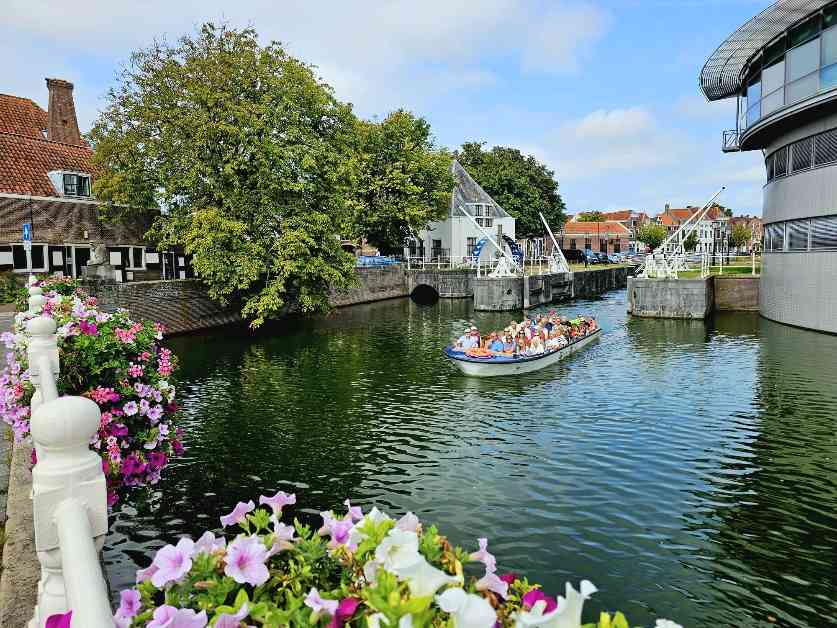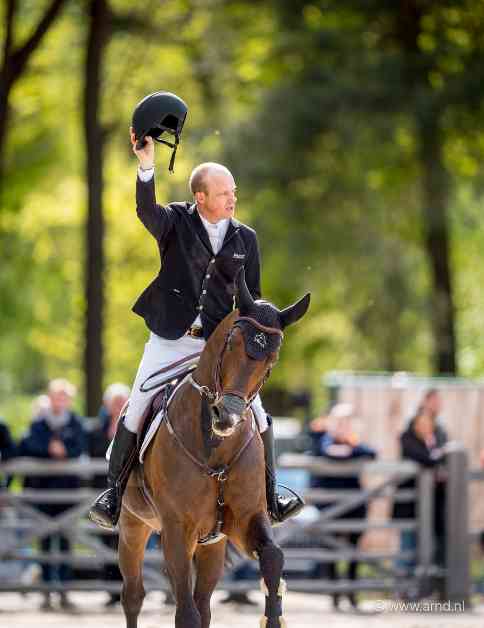Saturday morning at the family home Korpowski. The small Stanislaw, of two years, scampers across the room fall over any toy that is his step; the grandmother Cristina prepares apple pie, something down, because it just killed the grandfather, and the eldest sister, Mary, 14 years old, tries to keep her other three brothers who climb the chairs which Tarzans in the jungle. “Forgive the mess, we are in the works and yesterday was the burial of the grandfather,” explains Agnieszka Korpowska, the mother of this numerous offspring that lives in a neighborhood northeast of Warsaw. In a home owned by the grandmother.
MORE INFORMATION The reactionaries did not cease their battle against abortion, The catholic Church in Europe poland is wary of the EU PUBLISHING | Poland reacts
“There are three floors: in the floor, lies my mother-in-law, in the first, my brother-in-law and his family, and in the third, us. We’re a big Polish family”, presumed to be this woman of 33 years old, married to Tomasz Korpowski, 50. It gave the “yes, I want” more than three decades. By the church. “As God commands”, says the husband. In one of the photos that hang on the wall to see them leave newly married to the famous cathedral of St. John the Baptist, in the Old Town of Warsaw. It with a modern wedding dress. He, with a costume to emulate the costume of the nobility of the Polish past.
In a country of strong catholic roots, which boasts of having had a Polish Pope (John Paul II) Korpowski could represent the ideal of the traditional family. But in the last few decades, the society of Poland has been secularizing little by little. Between 1990 and 2016, the wedding by the church decreased by 41% in the country, according to the Institute of Statistics of the Catholic Church. The annullment of marriages have tripled since 1989. And another significant fact: between 2000 and 2013 almost doubled the number of children born out of wedlock.
Portrait of Agnieszka and Tomasz Korpowski the day of your wedding in Warsaw. M. HERVÁS
despite the fact that the vast majority of its nearly 38 million residents are defined as catholic (about 90%), a part of the society goes away from the flock to shelter other styles of life, which connects with the speech ultracatólico of the Government. The leaders of the party Law and Justice (PiS), a devout defender of the Church, it has been proposed “recristianizar Europe”, as announced by the prime minister Mateusz Morawiecki when he took office last year. Demonstrating the duality of a society that is increasingly polarized between the poles of the more traditional and religious to vote for the PiS and the citizens more critical of the Church that are seeking a Poland less Betgaranti blessed and more open.
“During the soviet domination, the citizens we fight to maintain our catholic identity because the communism we tried to remove all. But with the arrival of the democracy, that sense of common identity has been broken, now the poles are more individualistic,” says Tomasz Korpowski. “That’s why it is our duty to lead by example as a christian family,” he adds. The Korpowsi, followers of the kikos (one of the branches of the most conservative of the catholic Church) form canlı bahis part of the national Association of large Families Three Plus. “We are like a lobby, we finally have a Government that listens to us and help,” says Agnieszka.
Poland’s prime minister declared a year ago their goal of “re-christianize” Europe.
In April of 2016, the PiS approved one of its leading measures to try to alleviate the low birth rate and help the poorest families: the Family of 500+. This aid consists of a monthly payment of 500 pln (about 115 euros) for each child, from the second and until the child reaches 18 years of age. The approximate cost of this subsidy is more than 5,000 million annually for the State coffers. Until now, the good health of the Polish economy, with a growth of almost 5% of the annual GDP, and with a fiscal pressure was high, has guaranteed its application.
Thanks to the Family 500+, Korpowski receive per month, and for all his children about 2,500 zlotys (almost 600 euros). Although the salary of the father of the family is not low (industrial engineer), raising five children requires a lot of sacrifice,” says Agnieszka. “In addition, we have more expenditure than the average, we add more to the system, we are in reality as a small business,” argues this mother.
Agm Ciborowska, 34 years old, and Artur Kutylowski, 42, last Saturday in Warsaw. M. HERVÁS
don’t think so Iga Ciborowska, 34 years old, divorced and with a young son. “This program favors families with two children with income of just 800 zlotys a month (less than 200 euros). But we win a little more and only have a shoot we were left with nothing, and on top we raise the taxes”, he criticizes Ciborowska, an expert in Human Resources management. “The message the Government is saying to young girls low-skilled is the following: ‘Have children and we will pay’. Why hunt for a job, then?”, regrets.
She now lives with her new partner, Artur Kutylowski, owner of a climbing wall to the south of Warsaw. “How to get married by the church? Not,” he says. Kutylowski, of 42 years, has that stopped believing in God when, as a teenager went to confession and the priest suggested him to sell a few windows in the act of contrition. “It was in the eighties, years of scarcity in this country. But I walked away from the faith”, explains the entrepreneur. Both recognize that the social pressure to pass by the altar is strong, but that they will do so for civil. “We love each other and that is what is important. In addition, this country no longer was. Now we have another style of life and what we will defend,” ditch Iga Ciborowska.
The film that has revolutionized the clergy
The cinemas of Poland premiered at the end of September, Kler clergy, in Polish), a film based on actual events that deals with cases of paedophilia, the issues of corruption or alcoholism in the bosom of the Catholic Church in poland. Five million people have flocked to the cinema to see the film, which has become the Kler in the tape seen in Poland so far in the TWENTY first century. The tape has been harshly criticized by organizations reactionary. “The record-breaking box office proves that this film was necessary. So the poles will no longer look to priests and saints, and you will begin to see them as people,” the account via an email to their director, Wojciech Smarzowski.




















